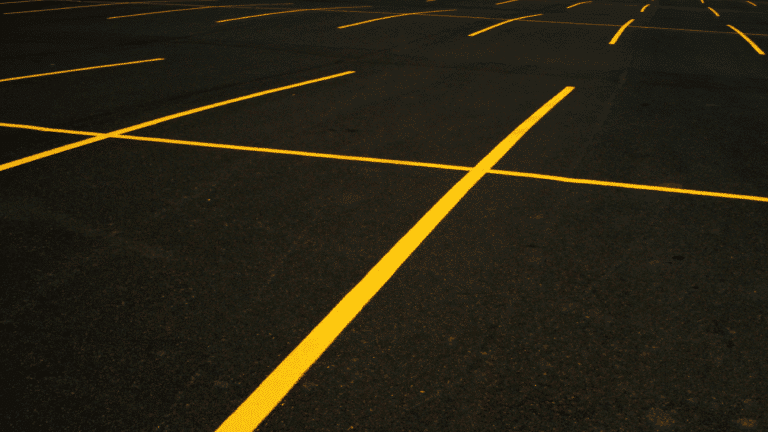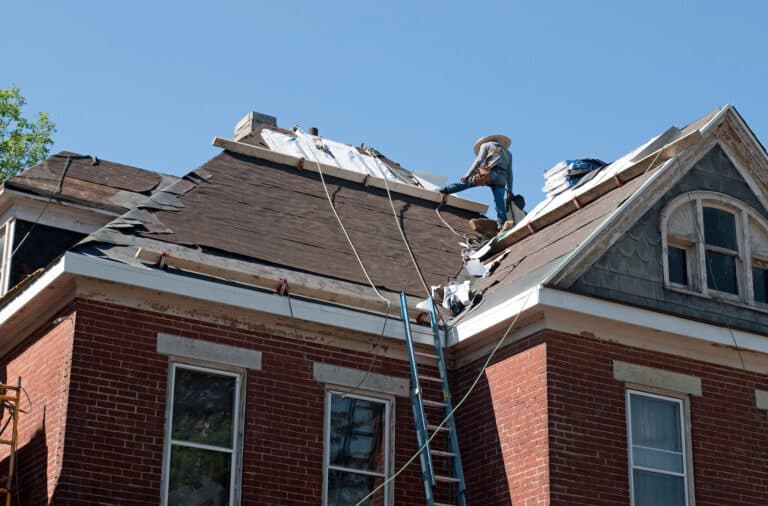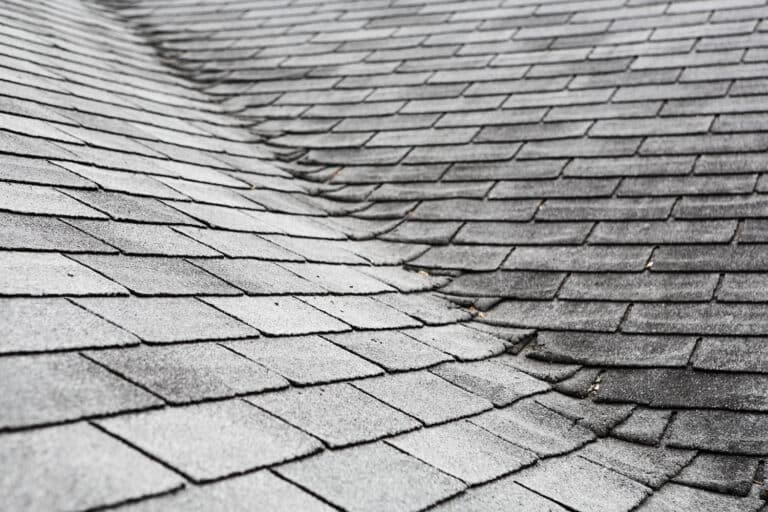Does Homeowners Insurance Go Up After a Claim?
Placing a homeowners insurance claim is one of the first tasks you must complete after receiving damage to your home. You’ve probably heard that placing claims can negatively impact your future premium and insurability, making you question whether you should file a claim at all.
So, let’s get right to it – Does homeowners insurance go up after a claim? The answer is that it depends on the claim, but your premium will most likely increase. Read on to learn more about homeowner’s claims and how they can impact your insurance in the future.
Why Will My Homeowner’s Insurance Increase After a Claim?
Insurance works as a risk-sharing structure. Everyone pays a little bit of money to receive a large payout in an emergency. Therefore, those who are more likely to need a large payout are also expected to contribute more money (higher insurance costs).
Your insurance company charges your premium based on the likelihood of you placing a claim. The company determines this by reviewing your claims history, specifically the types of claims and how much they cost the company. If you place large claims often, your premium will increase.

What Are The Different Types of Homeowner’s Insurance Claims?
Home insurance claims into two categories: property damage and liability. Each will impact your home insurance premiums differently.
Property Damage Homeowner’s Claims
Property damage claims refer to damage caused to property covered under your homeowner’s insurance. This is the most popular type of claim, with over 95% of all homeowner’s insurance claims falling into this category.
Property damage claims are broken down into the following five categories:
- Wind and hail
- Water damage and freezing
- Fire and lightning
- Theft
- Other property damage
Most property damage claims fall under wind and hail, water damage and freezing, or fire and lightning.
Property damage caused by flood, or water over the ground, is not covered by home insurance. Instead, you will need to open a flood insurance policy with FEMA to cover these losses.
Liability Homeowner’s Insurance Claims
A tiny percentage of homeowner’s insurance claims fall under liability. These claims generally occur when a person is injured on your property and then holds you accountable for the damages.
Most liability claims fall under bodily injury and property damage. The remainders are medical payments and other liability claims.
How Much Will My Homeowner’s Insurance Premium Increase After a Claim?
The amount your premium will increase is typically around 15%-35% after placing one claim. The exact number will depend on the type of claim, how large the claim was, and how it impacts the insurance company’s assessment of the risk you pose to them.
Different types of homeowners insurance claims will result in different premium increases. For example, insurance companies are more likely to increase your premium after a house fire than after storm damage. One is seen as something the homeowner might have prevented, while the other is less in the insured’s control.
The more money the claim paid to you, the more your premium will increase. Insurance companies will factor in the cost of your home and possessions when determining your insurance cost. This is also true of calculating premium increases after a claim.
If you place a second claim within five years, you can expect an even more significant premium increase. These increases can be around 60% on top of the initial increase after the first claim. After multiple claims in five years, the insurance company will view you as a high-risk customer.

How Long Will I Pay An Increased Premium After a Homeowner’s Claim?
You will likely pay the increased amount for five years after your claim. You can expect to pay much higher premiums for more prolonged periods if you place additional claims within these five years.
In addition to the increases spurred by your homeowner’s claim, you can also expect to pay more for your homeowner’s insurance regardless of your history. The Insurance Information Institute has shown a steady increase in homeowner’s insurance over the past few years.
Home insurance rates are rising because the rate of natural disasters and storms has increased over the past few decades. We can expect to continue seeing these increases because it is likely that the severe weather trend will continue.
How Can I Lower My Homeowner’s Insurance Premium?
There are many ways to lower your insurance if it has increased after a claim by installing an alarm or smart home devices. However, most of these methods will not be enough to offset the cost of the claim-related increase.
Multi-Line Discounts
Many companies will offer a “multi-line” discount if you open additional policies with their company. For example, move your auto insurance to the same company as your homeowner’s insurance. You will likely save a significant amount of money on both policies.
Home Alert Systems
Most home insurance companies will offer a discount if you install a centrally monitored security system. Remember that this cannot be a stand-alone alarm and must be monitored by a 24-hour security company.
Once you install the alarm, the security company will provide you with a certificate confirming your home is being monitored. You will need to give this certificate to your insurance company to obtain the discount. Upon renewal, you will also need to provide updated certificates to keep this discount on your policy.
Water Alert Systems
Another option is to install a water detection or alert system in your home. These automated systems can alert you if you have water damage in your home. Many come with an auto-shut-off valve that will turn off your water if there is an issue with the plumbing.
These systems are prevalent in second homes or other buildings where you might not be present to detect water damage right away. They will also help lower the total cost of your home insurance claim by reducing the damage.
Wrapping Up
Homeowner’s insurance premiums will almost always increase for five years after you place a claim. The amount that your premium will go up depends on the type, size, and frequency with which you place claims. You can apply for many discounts that will help lower your costs after a home insurance claim.






